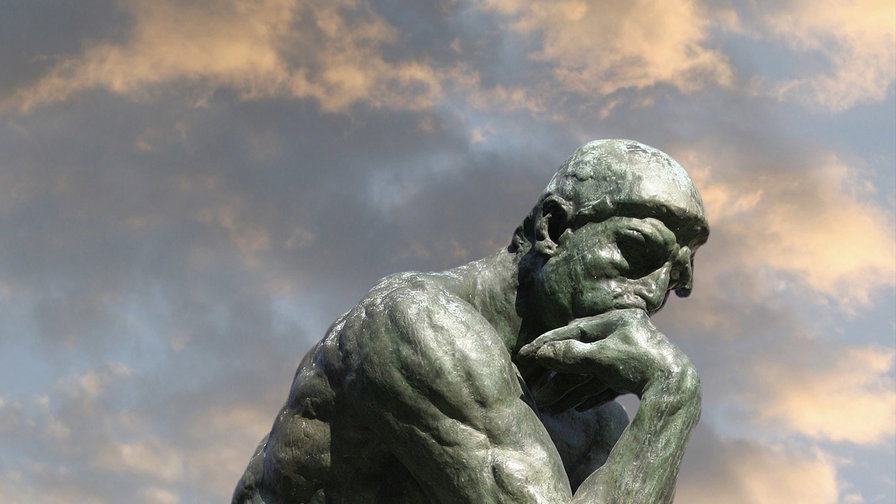nietzsche
Think walking is void of philosophy? Nietzsche and Gros are here to say you’re wrong.
We all love the art, but we often forget the difficulty of being an artist. Here are some of the most famous, greatest writers of all time who never could quite make a living doing it.
Philosophers aren’t known for their love lives, but a few have managed to be tragic romantics anyway.
Finding New Year’s resolutions isn’t always easy. To help you out, we’ve gotten ideas from some of the greatest thinkers of all time.
Existentialism is great and all, but how can you really relate to the ideas if you don’t think God is dead? Luckily, we’ve got just the thing.
Nietzsche’s ideas were used by the Nazi’s to justify their atrocities, but did Nietzsche actually support Fascism?
The “Philosopher-King” of comedy is Louis C.K. You may know his work, but you might not realize there is some serious philosophy behind some of the best jokes.
The philosopher believed we craved for something less pleasant.







